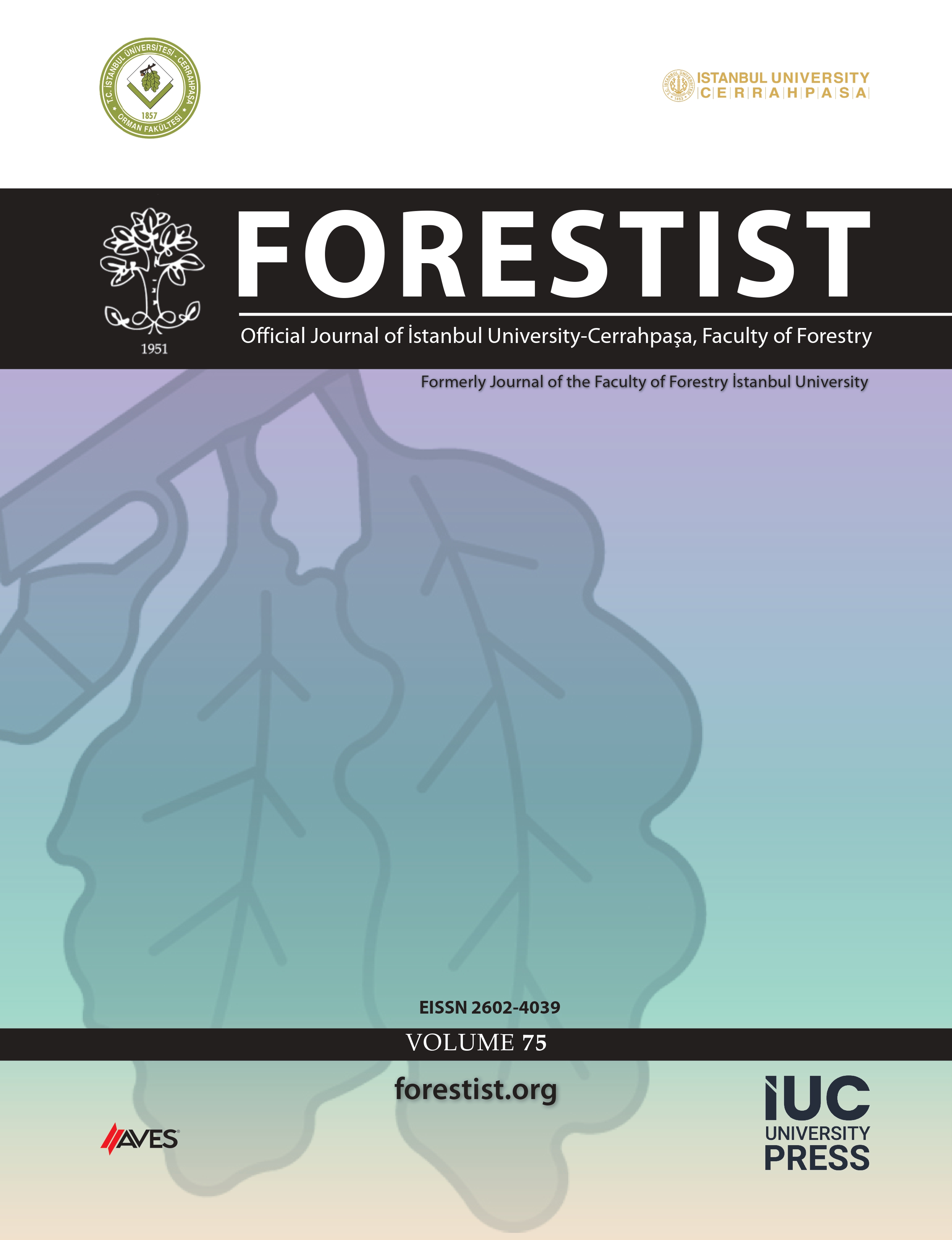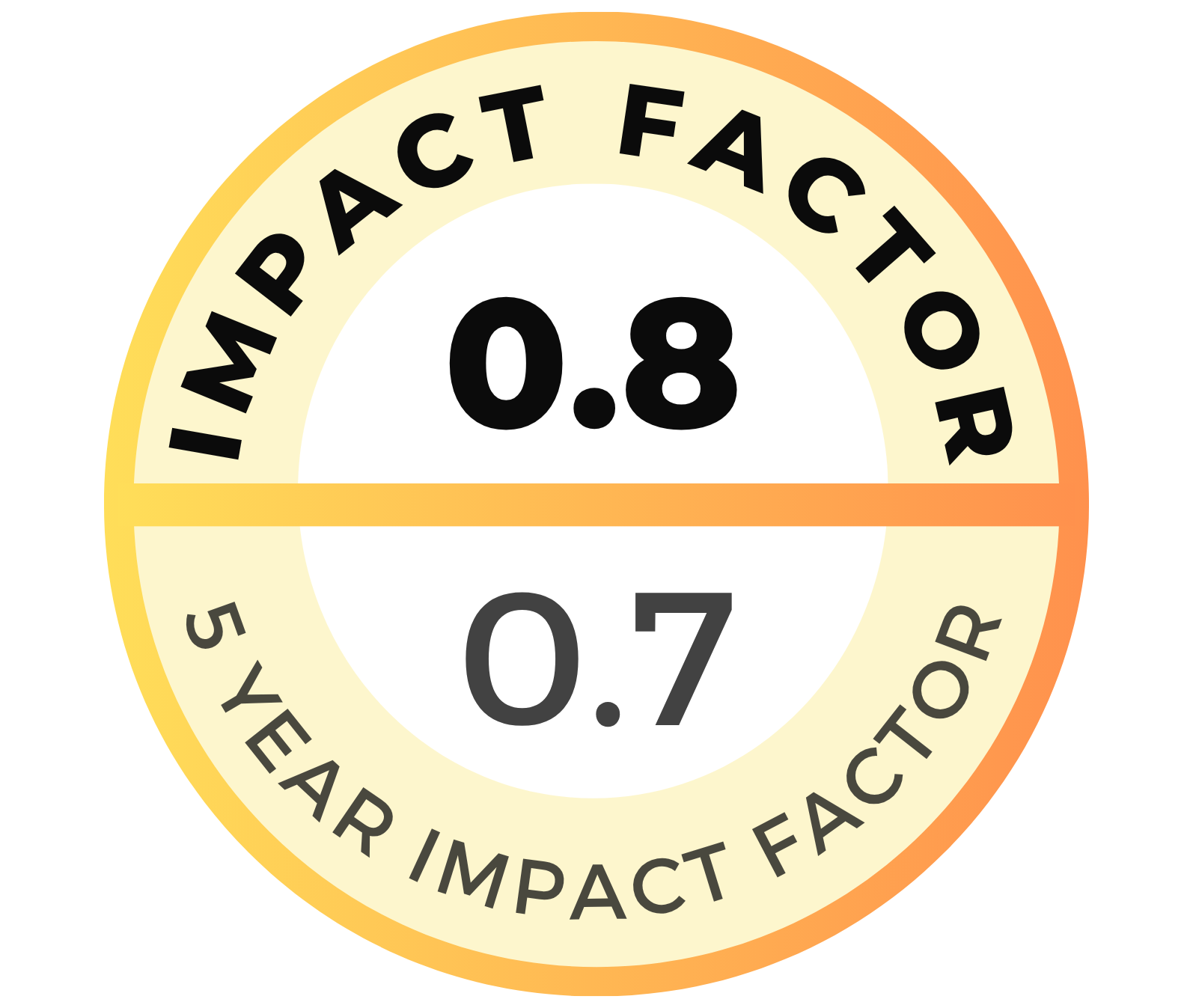Climate change is having major adverse effects on the agricultural sector with smallholder farming systems and farmers being the most negatively impacted. To attain sustainability in the smallholder farming sector, there is an absolute need for more climate-smart and agroecological practices that can withstand climate change-induced stresses and shocks. This purely qualitative study was carried out to understand the role played by agroforestry—a climate-smart and agroecological practice, toward ensuring agricultural sustainability in smallholder farming systems in rural Cameroon, faced with climate change. Data were collected through focus group discussions (n = 5) and key informant/expert interviews (n = 30). The content-based approach was used for data analysis. Findings highlight the important role played by agroforestry in the provision of different environmental benefits including soil erosion control, soil fertility improvement, windbreaks, water retention in the soil, micro-climate buffering, and shade, as well as socio-economic benefits like fuelwood, building materials, food, local medicines, fodder, and income. These findings show that agroforestry provides social, economic, and environmental benefits to smallholder farmers which play a major role in enhancing agricultural sustainability in the midst of climate change. Thus, mainstreaming agroforestry into the national and international policy agenda could play a great role toward ensuring the sustainability of the agricultural sector in general and smallholder farming systems in particular, faced with the adversities of climate change.
Cite this article as: Awazi, N. P. (2023). Achieving agricultural sustainability in the midst of climate change through agroforestry: Anecdotal evidence from smallholder farmers and key agricultural stakeholders in rural cameroon. Forestist, 73(3), 213-219.




.png)
